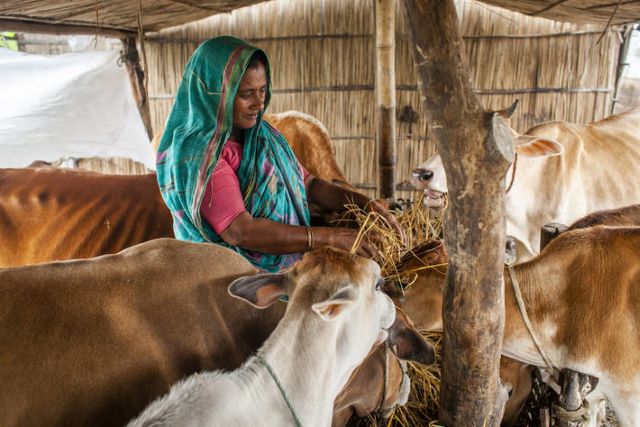The role of animal health in national climate commitments
The role of animal health in national climate commitments
 Animal health is important to help reduce greenhouse gas emissions, but greater investment is needed to evaluate the impact, the Food and Agriculture Organization (FAO) and partners said in this report.
Animal health is important to help reduce greenhouse gas emissions, but greater investment is needed to evaluate the impact, the Food and Agriculture Organization (FAO) and partners said in this report.
This brief has been produced by the Food and Agriculture Organization (FAO) of the United Nations, in collaboration with the Global Dairy Platform (GDP) and the Global Research Alliance on Agricultural Greenhouse Gases (GRA) and with the financial support of the New Zealand Government. The FAO was approached by GDP and GRA to develop guidance following previous research on dairy cattle in order to support policy makers and livestock sector actors in implementing a process that captures the co-benefits of cattle health initiatives in their climate commitments. It provides examples in specific countries in collaboration with the World Bank and the International Fund for Agricultural Development (IFAD). This brief provides methodological guidance on the quantification of animal health interventions and their impact on greenhouse gas (GHG) emissions, on the basis that they deliver multiple benefits to individual farmers and society which could outweigh the costs of the intervention, particularly when considering reduced GHG emissions. 







